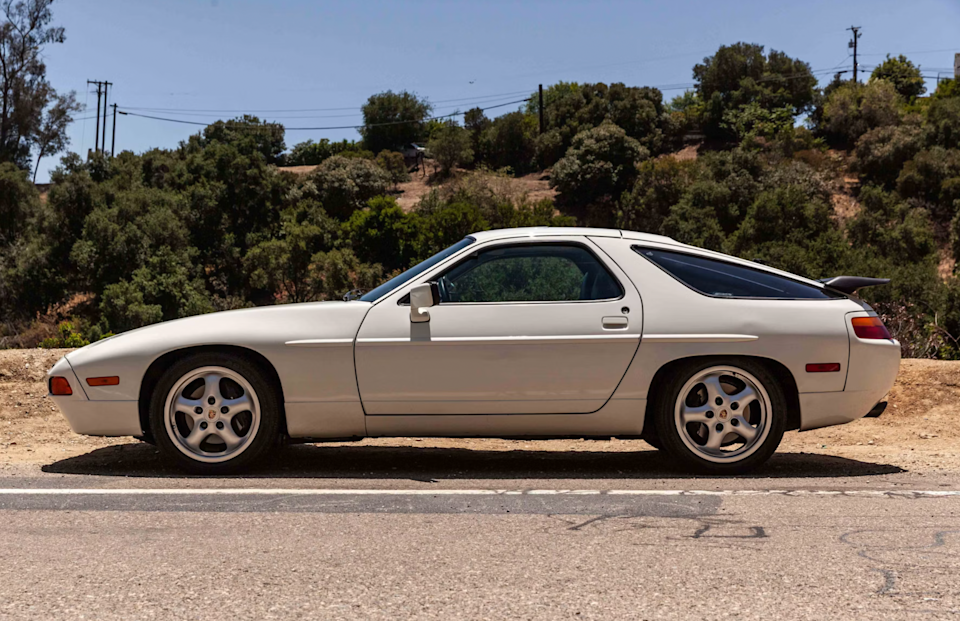Scientists Reconstructed a Babylonian Hymn Lost for Over 1,000 Years
Here’s what you’ll learn when you read this story:
A Babylonian hymn lost for over a thousand years was rediscovered.
Experts pieced together the hymn using an AI model to decipher hundreds of cuneiform tablets in a Baghdad library.
The library’s tablets were only preserved in fragments, requiring the difficult process of stitching the individual fragments together.
Legend has it that Noah tucked away Babylonian cuneiform writings on clay tablets before the great flood over 4,000 years ago. Researchers just discovered a tablet writing in the same style, a hymn written in honor of Babylon that was lost a millennium ago.
They were able to decipher it with a little help from AI.
In a study published in the journal Iraq, a team of researchers from the Ludwig Maximilian University of Munich (LMU) and the University of Baghdad scoured the Sippar Library’s collection of hundreds of fragments of cuneiform tablets to rediscover the hymn to Babylon.
“Using our AI-supported platform, we managed to identify 30 other manuscripts that belong to the rediscovered hymn—a process that would formerly have taken decades,” Enrique Jiménez, professor of Ancient Near Eastern Literature at LMU’s Institute of Assyriology, said in a translated statement. “Thanks to these additional texts, the scholars were able to completely decipher the hymn of praise on the clay tablet, parts of which were missing.”
Founded in Mesopotamia around 2,000 B.C., Babylon was, at one time, the largest city in the world. The metropolis was a cultural hub, and its intellectuals produced plenty of writing, much of which were done on clay tablets. Jiménez is working on a project to digitize all cuneiform text fragments discovered worldwide and then used AI to decipher which pieces belonged together.
Finding so many copies of an original hymn showed that it was a popular text in its time. “The hymn was copied by children at school,” Jiménez said. “It’s unusual that such a popular text in its day was unknown to us before now. It’s a fascinating hymn that describes Babylon in all its majesty and gives insights into the lives of its inhabitants, male and female.”
The study authors said that the hymn includes unparalleled descriptions of the healing powers of Marduk (the patron deity of Babylon), the splendor of Babylon, the the Euphrates River in the spring, and the generosity of the Babylonians. “The author of this highly accomplished piece immortalized his devotion to his city, gods, and people in words that resonated until the final decades of cuneiform culture,” the study authors wrote.
The 250-line song is believed to be from the early days of the first millennium. “It was written by a Babylonian who wanted to praise his city,” Jiménez said. “The author describes the buildings in the city, but also how the waters of the Euphrates bring the spring and green the fields. This is all the more spectacular as surviving Mesopotamian literature is sparing in its descriptions of natural phenomena.”
The song includes details about the life of women in Babylon, including roles as priestesses and the tasks they performed. There are no other known texts describing this information. Jiménez said that the hymns also provide insight into an urban society shown being respectful to foreigners.
According to the Ludwig Maximilian University of Munich, the following lines are from the newly discovered hymn describing the river Euphrates, where the historic Babylon was at the time, now at UNESCO World Heritage Site about 52 miles from the current Iraq capital of Baghdad.
The translated lines:
The Euphrates is her river—established by wise lord Nudimmud—
It quenches the lea, saturates the canebrake,
Disgorges its waters into lagoon and sea,
Its fields burgeon with herbs and flowers,
Its meadows, in brilliant bloom, sprout barley,
From which, gathered, sheaves are stacked,
Herds and flocks lie on verdant pastures,
Wealth and splendor—what befit mankind—
Are bestowed, multiplied, and regally granted
You Might Also Like
The Do’s and Don’ts of Using Painter’s Tape
The Best Portable BBQ Grills for Cooking Anywhere
Can a Smart Watch Prolong Your Life?














